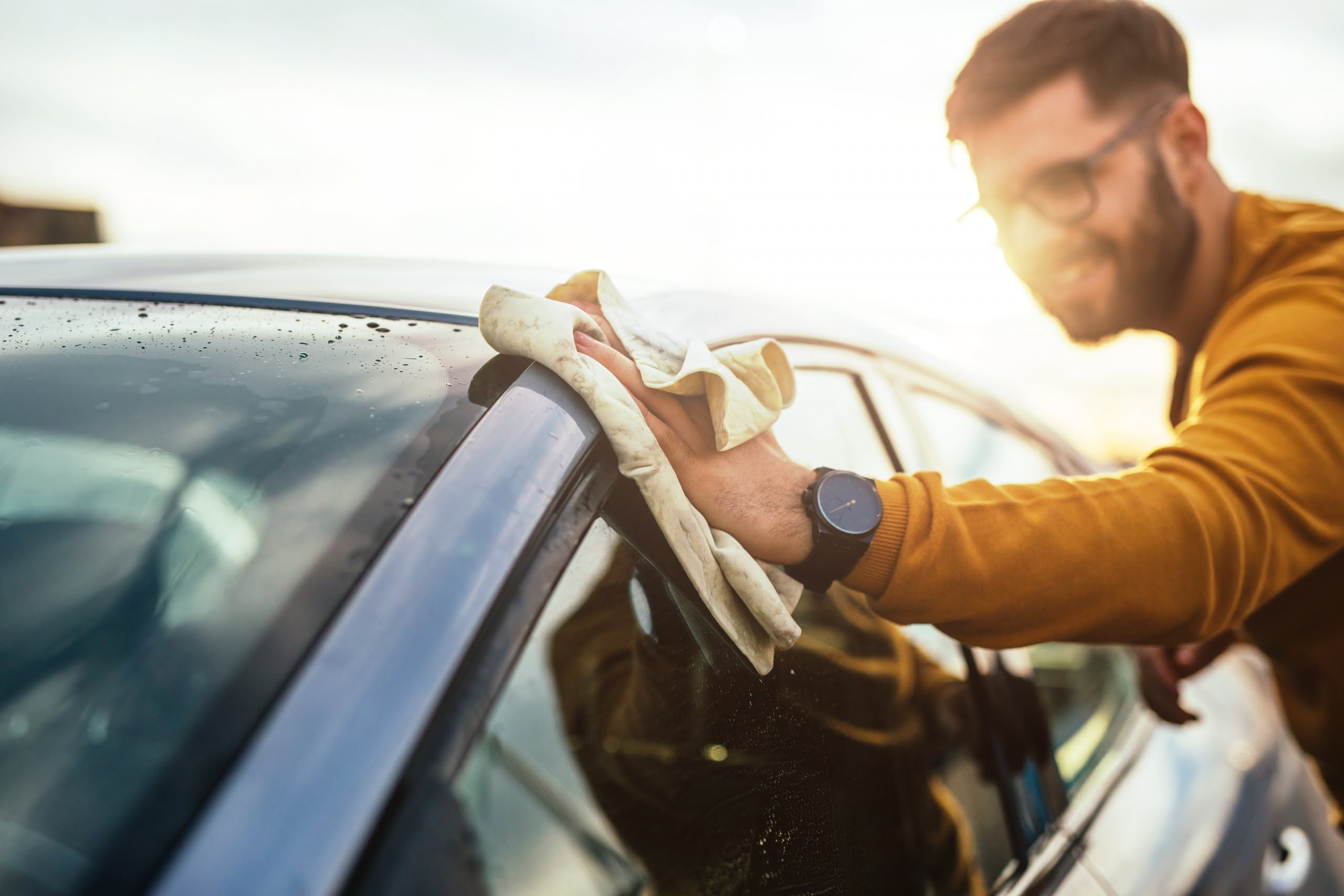The lockdown has us all a bit stir-crazy at the moment, so if you’re in need of a silver lining, consider this: NO2 (nitrogen dioxide) pollution, most of which comes from road transport and power plants, is significantly down globally, by as much as 60% in some countries. In China alone, the reduction is equivalent to removing 192,000 cars from the road.
But, while the COVID-19 lockdown may be good for the air, it’s not necessarily a good thing for your car, sitting neglected and forgotten on the street. Cars are a lot like your golf game – irregular use and periods of dormancy can lead to breakdowns in performance. Fortunately, keeping your car in optimum condition isn’t hard; it’s all about preventative medicine. A little bit of work now prevents massive bills down the road.
The tips we have for you today don’t just relate to the average pandemic either, but to any time when your car falls into disuse, such as extended holidays or a sudden and inexplicable passion for public transport.
1. Don’t let that bird poo sit
Bird poo isn’t just unsightly, it’s also very acidic, with a pH range of 3 to 4.5. This is bad for your paint job, and science explains why: pH measures the concentrations of hydrogen and hydroxide. When they’re equal, the solution is neutral. When hydrogen ions out-number hydroxide ions, it’s acidic, like bird poo. Since nature loves things in balance, when the bird poo lands on your car, it interacts with the hydrocarbons present in the paint in an attempt to neutralise itself, which slowly breaks down the clear coat finish. Therefore, as soon as you see bird dropping on your car, CLEAN IT OFF. If you’re going away for a while, give your car a good clean and, ideally, park it undercover. If that isn’t possible, avoid parking it under trees that act as hot spots for avian congregations.
2. Avoid the sun
Sunlight can damage your car in a number of ways. If continually exposed to UV rays, your car’s paint job will fade and lose its colour, particularly the darker shades. The interior of your car is also at risk as the temperature climbs to extreme highs, particularly the dashboard. Over time, it will crack and fade, as will other commonly used materials within the cabin. Leather upholstery, although treated to better withstand UV damage, will eventually succumb and dry out, cracking and losing its polish. If you’re going away for an extended period, or a pandemic has the car sitting idle for a month or two, and undercover parking isn’t an option, try to leave your vehicle where it will at least get some shade in the heat of the afternoon. And get a windshield cover.
3. Take it for a run
Your car’s battery naturally self-discharges over time and, added to this, the electronics continually draw from it even when the engine is off. The battery is actually charged by the alternator, a process which requires the engine to be running. Normally this isn’t a problem as most of us use our cars every do to commute or run errands. In a lockdown, though, weeks can drift by without the engine turning over. It’s good practice, therefore, to take your car out for a spin at least one a week. And that means actually driving it, not letting it sit idling in front of the house. If, however, you’re going away for a couple of months, you may want to consider investing in a battery charger, which is fitted to your vehicle and keeps the battery fully charged for extended periods of time.
4. Check your tyre pressures before hitting the road
Just like the battery naturally discharging, your car’s tyres also lose pressure over time. Tyres that aren’t inflated to the correct pressure can be dangerous to drive on, as we’ve previously written about. There’s probably every chance that, on the other side of the lockdown, your tyres will be a little deflated (a pandemic can have this effect on the best of us). Make a quick trip to your local servo, check the pressure and, if needed, top them up.
You may want to consider inflating the tyres with Nitrogen. The reason is because normal air or rather oxygen molecules are smaller than the nitrogen molecules and so the pressure loss with nitrogen, which has bigger molecules, is much less than normal air. This means that the pressures in the tyres will remain constant over a longer period and so you would not need to top up the pressures as often. The good news is that we at Eastern Tyre Centre have a Nitrogen machine, so call us anytime to arrange to have your tyres filled with Nitrogen.
